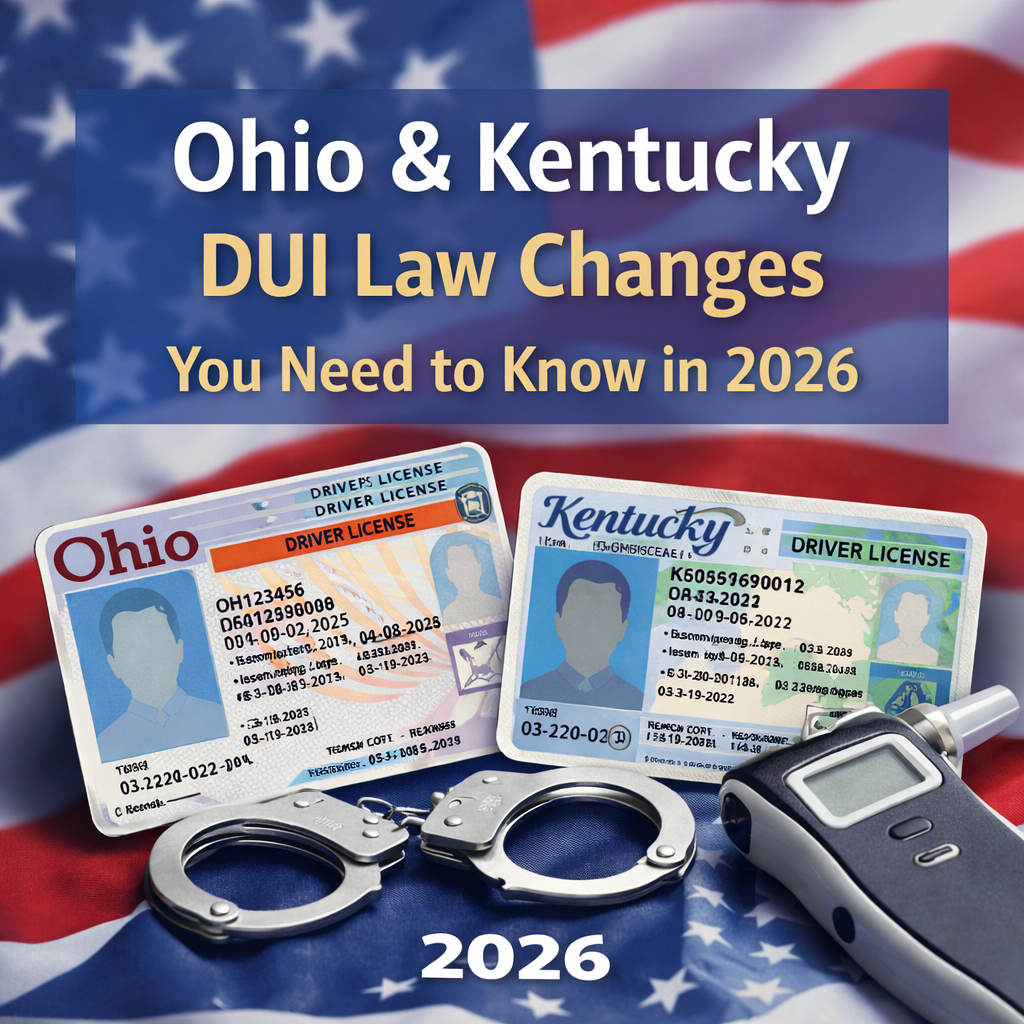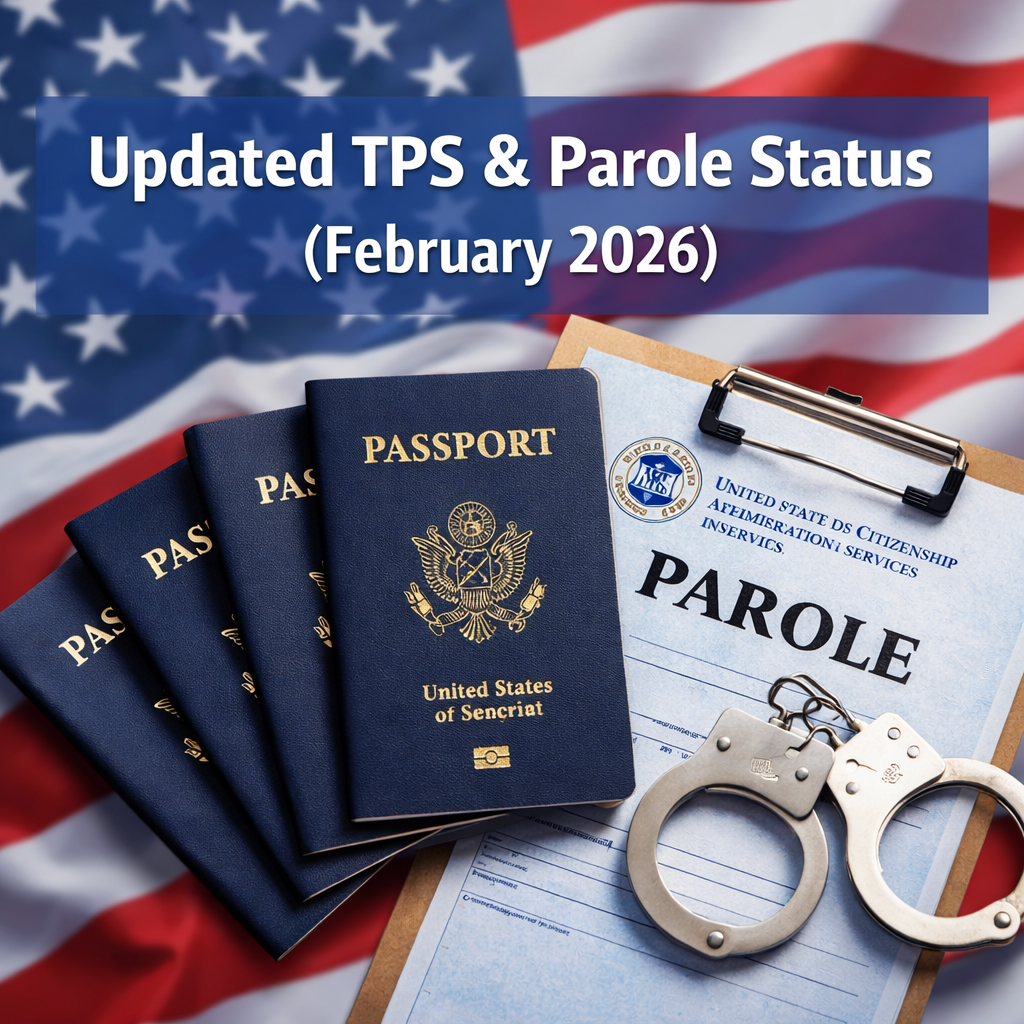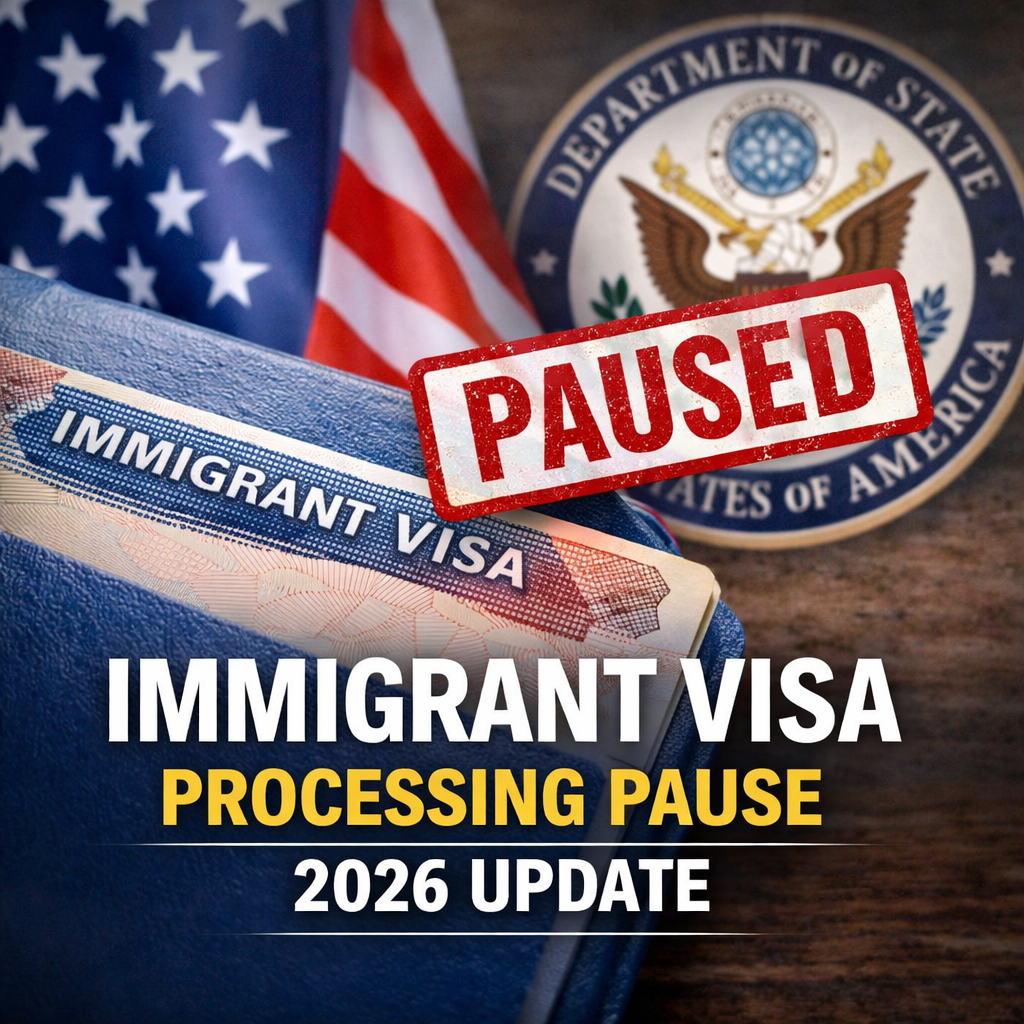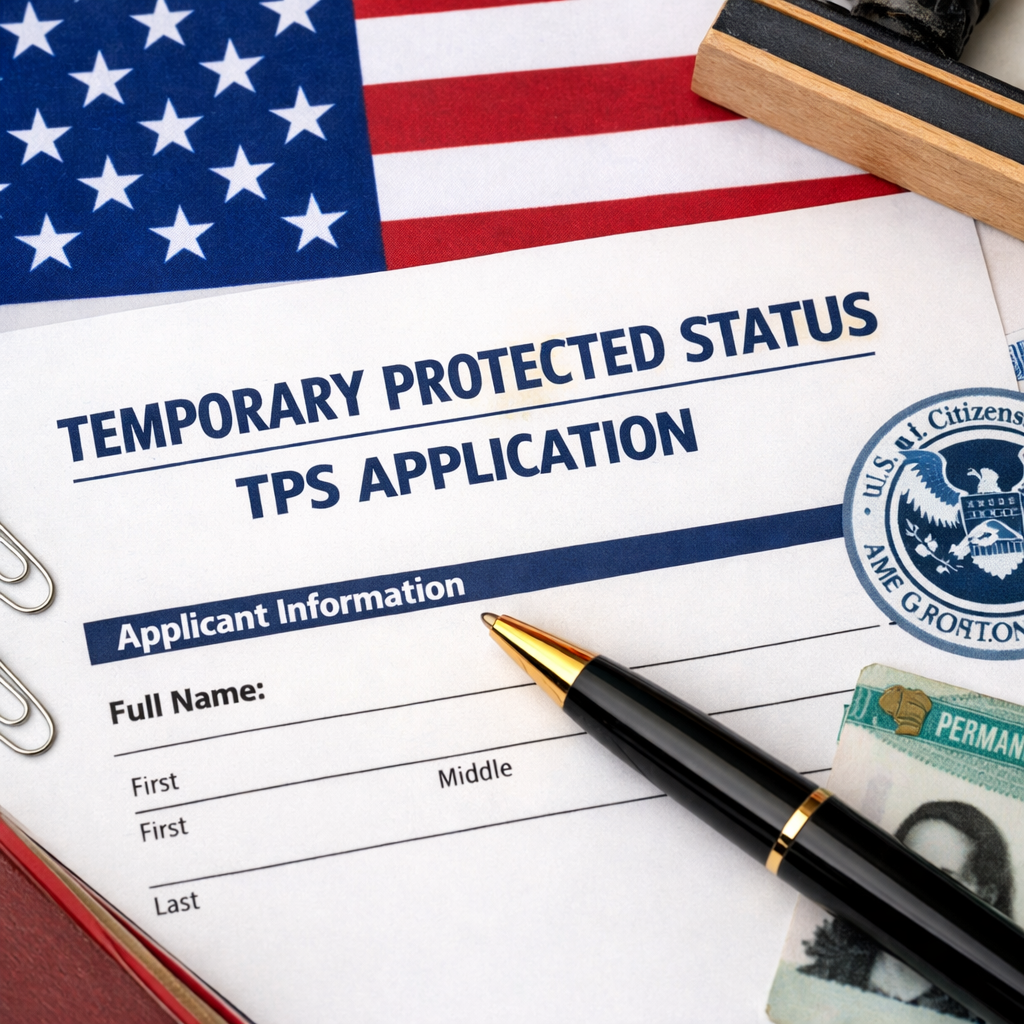Why Hasn’t My Case Been Decided Yet?
Nationwide, you and millions of families, businesses, and individuals applying for immigration benefits are waiting longer for U.S. Citizenship and Immigration Services (USCIS) to process and approve applications and petitions.
Based on previously available USCIS data, in Fiscal Year (FY)2017, an average case took about 6.4 months to process. In FY2022, an average case took more than twelve months. Those extra months of waiting halt business operations, keep families separated, and jeopardize lives.
Where Can I Find the Processing Time for My Case?
USCIS processing times are available on its website: a
https:// egov.uscis.gov/processing-times. To find your case’s processing time, you must select the form type, category, and field office or processing center from the drop-down menus. You will then see the processing time it takes for approximately 80% of that case type. Below that, there is a space to add the receipt date for your case and find out when you may make an inquiry in your case.
Who Is Affected by the Long Processing Times?
Anyone who files applications or petitions with USCIS is affected. You and other people applying for family-based benefits, employment-based benefits, naturalization, travel documents, and employment authorization are all experiencing delays.
Processing times for common form types show just how dire the situation is:
Why Are Cases Taking Longer?
Many factors can slow down your case, including inefficient processing and understaffing. During the last administration, USCIS implemented many new policies designed to restrict legal immigration and delay processing. While the current administration has made some helpful changes, the COVID-19 pandemic has contributed to continued slowdowns.
What Steps Is the Government Taking Now to Speed Processing Times?
In March 2022, USCIS set new processing time goals and has committed to hiring more adjudicators and improving technology. They have also begun re-using previously
captured fingerprints when possible. However, it will take time
for the agency to catch up with the tremendous backlog.
What Can I Do?
Make sure your lawyer has your current contact information.
Work with your lawyer to file applications and petitions as early as allowed under the law, especially for cases where premium processing is not available. Many application renewals may be submitted up to 180 days prior to expiration.
Expect USCIS processing to take longer than desired, no matter what type of application you are filing. Your lawyer can guide you and help plan for delays. Sometimes, the only option is to await government action. In other cases, some tactics to address delays could include:
- File a petition or application to safeguard your status in the S.
- Ask USCIS to expedite your case if you qualify or if applicable, to premium process your case;
- Talk to your congressman’s office for assistance; or
- File a lawsuit to force USCIS to act on your case.




